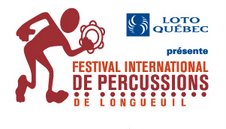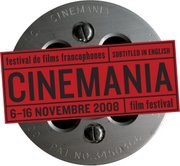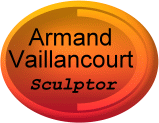MOVIN' ON UP/DOWN ONE STEP AT A TIME
This puzzle is called Movin' On Up /Down One Step At a Time because in each set of clues the answer sought for the word on the right contains only one letter different from the one on the left and that letter follows it in the alphabet. For example if the clues for A-B were “deep sleep” and “hair utensil” the answers would be “coma” and “comb” as B comes after A in the alphabet. The changed letter can be found anywhere in the word, so if the clues for C-D were “cost” and “deadly sin” the respective answers would be “price” and “pride.”
number of letters
in answer
UP
A-B get out of vehicle destructive force 6
B-C tough guy police car 7
C-D fruit of the oak tree embellish 5
D-E marriage garden chore 7
E-F incumbent's victory mirror view 10
F-G live as a parasite on eat 6
G-H Greek marketplace Spanish for “soon” 5
H-I cored felt sorry for 6
I-J metrical foot side post of a doorway 4
J-K high, e.g 60s rock band 5
K-L irritable tangled 6
L-M overzealous barber? playful run 7
M-N mortal Chinese province 5
N-O loony bin breezy restroom 8
O-P rescuers simplex or zoster 6
P-Q ringing metallic sound Chinese dynasty 4
Q-R Ont. neighbor regret 3
R-S type of vulture apartments 6
S-T ugly criminal residence 7
T-U groin area bend down low 6
U-V worth butterfly or check 5
V-W pushing display 7
W-X former Knicks star deleting 5
X-Y linseed source flog 4
Y-Z Spanish beach Spanish square 5
Z-A worthless person prostitute 4
















![Canadian Tire Repair Scam [2211 boul Roland-Therrien, Longueuil] = documents-proofs](http://www.artsandopinion.com/2010_v9_n5/images/mapleleaf.jpg)


